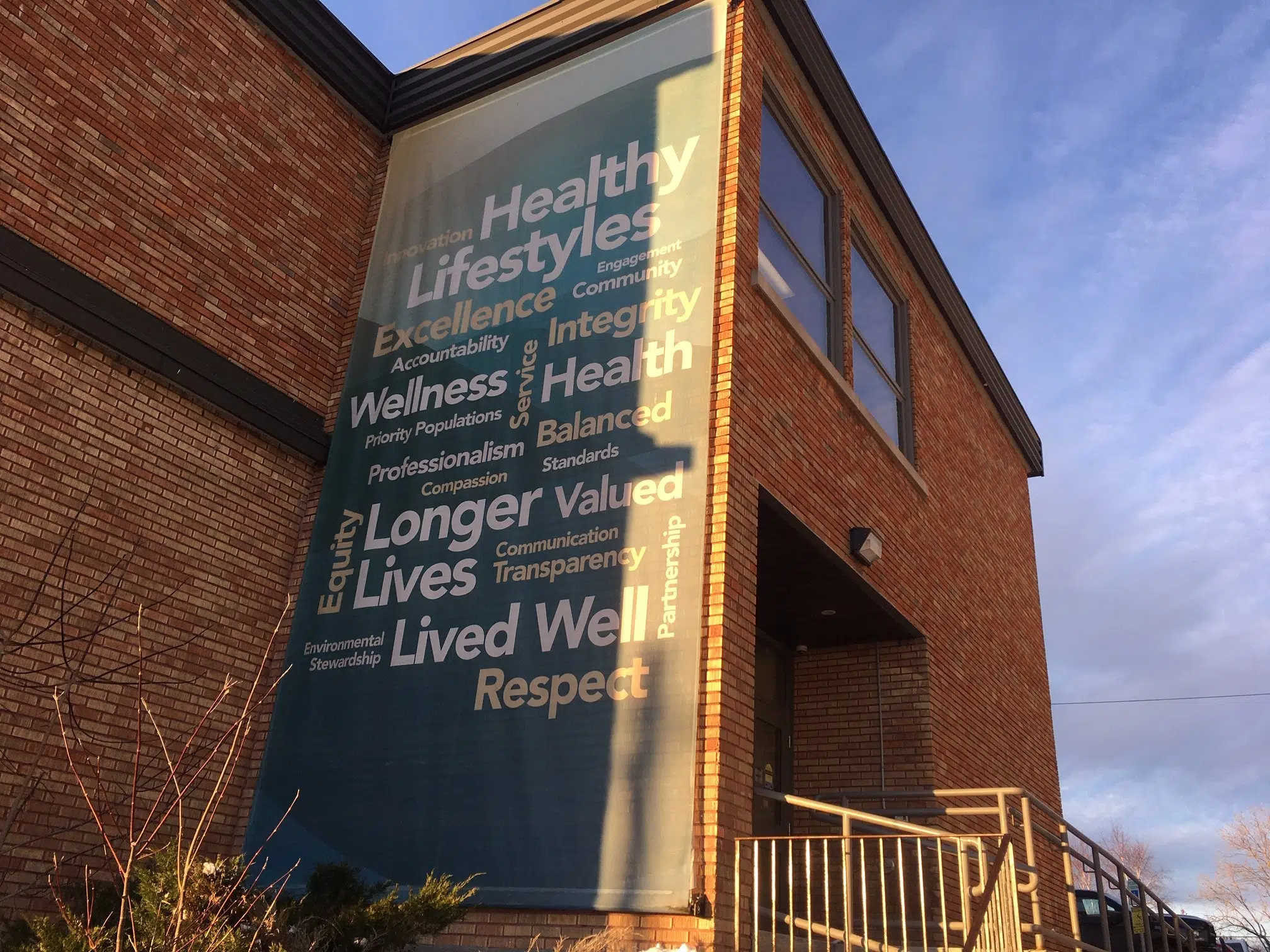
Northwestern Health Unit/CKDR Archives
With the high transmissibility of the Omicron variant, the Northwestern Health Unit suggests to have essential items on-hand in case you have to self-isolate.
Health officials note there’s a high positivity rate in the region and it’s likely that many households will need to isolate in the coming days and weeks.
From January 3 to 9, the region’s test positivity rate was 17.71 per cent.
Items to purchase include pain relief medications like acetaminophen and ibuprofen, frozen or canned fruit and vegetables, other non-perishable food items, personal hygiene products, and cleaning supplies.
Medical Officer of Health Dr. Kit Young Hoon explains PCR testing is no longer available for much of the population.
“People with symptoms of COVID-19 and their household members must self-isolate and should assume their illness is COVID-19. Testing is not necessary for those who do not live, work, or visit high risk settings, as defined by the Ministry of Health,” says Dr. Kit Young Hoon, Medical Officer of Health at NWHU.
New guidelines from the province now require anyone with symptoms to isolate for 5 days if fully vaccinated against COVID-19 or under 12 years old, or 10 days for anyone not fully vaccinated that is aged 12 or older.
All household members have to stay home while the symptomatic individual is isolating and anyone who is unsure whether their symptoms require isolation should can read more information here.
PCR testing is no longer available for much of the population, and anyone with symptoms should assume they have COVID-19.
Dr. Young Hoon believes more rapid antigen tests will arrive later this month.
For more information on what to do if you are a close contact, have symptoms, or test positive (on either a rapid test or PCR test) and what constitutes as a high risk setting, see the following:
Are you a close contact? – Northwestern Health Unit (nwhu.on.ca)
Have symptoms or a positive test result? What to do next – Northwestern Health Unit (nwhu.on.ca)



